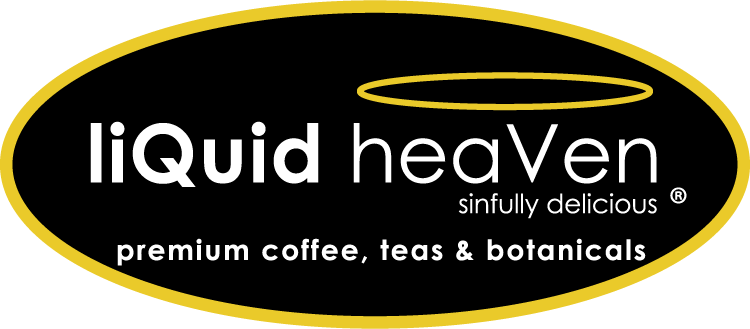China has traditionally been famous for its fragrant teas, but the country is emerging as a key Asian producer of a different beverage: quality arabica coffee.
"The mild taste and aroma is similar to the beans from Honduras or Guatemala,” said Wouter DeSmet, head of Nestlé’s coffee agricultural services team in China.
An increasing number of Yunnan farmers are turning to coffee, which offers higher returns compared with other crops. In 2012, farmers’ income from coffee was double that for tea grown on the same acreage, according to Mr DeSmet.
Known for its light body and fruity aroma, the coffee from the southwestern province of Yunnan has become a staple of European arabica blends, say international commodity traders and roasters.
Nestlé started operations in Yunnan in the late 1980s, offering training and purchasing coffee from growers. Since 2005, the number of its suppliers has grown from 147 to more than 2,000.
For the whole Yunnan region, known for its lush hills, more than 80,000 farmers grow the crop, with many now growing both tea and coffee.
The bulk of coffee produced in Asia – mainly in Vietnam and Indonesia – is robusta, the lower quality bean used in instant coffee.
Arabica, mainly used in cappuccinos and espressos, was introduced into Yunnan by a French missionary in the late 1880s. But coffee production only took off 100 years later with the investment of the Chinese government and the UN Development Programme.
Chinese coffee exports have grown steadily over the past decade, with volumes rising from 137,000 60kg bags in 1998 to 1.1m bags in 2012 – on a par with Costa Rica and just under 1 per cent of the world total.
Gigi Cheung, an independent Yunnan coffee exporter, said: “Demand for Yunnan coffee is climbing in international trade.”
In order to source their coffee, international coffee groups and commodity traders are starting to set up operations in Yunnan, which borders Vietnam, Laos and Myanmar.
Volcafe, the Swiss coffee trading arm of commodity house ED & F Man, is the latest company to enter a procurement and processing joint venture agreement with Simao Arabicasm Coffee Company, a local group. They follow Starbucks, which formed a joint venture with Yunnan based agribusiness Ai Ni Group in 2012.
The boom in production comes as coffee drinking in China is growing at about 15 per cent a year, compared with about 2 per cent for the world.
The growth has come from a low base. According to the Coffee Branch of China Fruit Marketing Association, the national industry organisation, average coffee consumption totals four cups per person per year in cities, which rises to 20 cups in Beijing and Shanghai.
Chinese awareness about the origins of coffee also remains relatively low, compared with mature coffee markets, said experts. “People don’t really care where their coffee comes from,” said Ms Cheung.
Source: Financial Times







